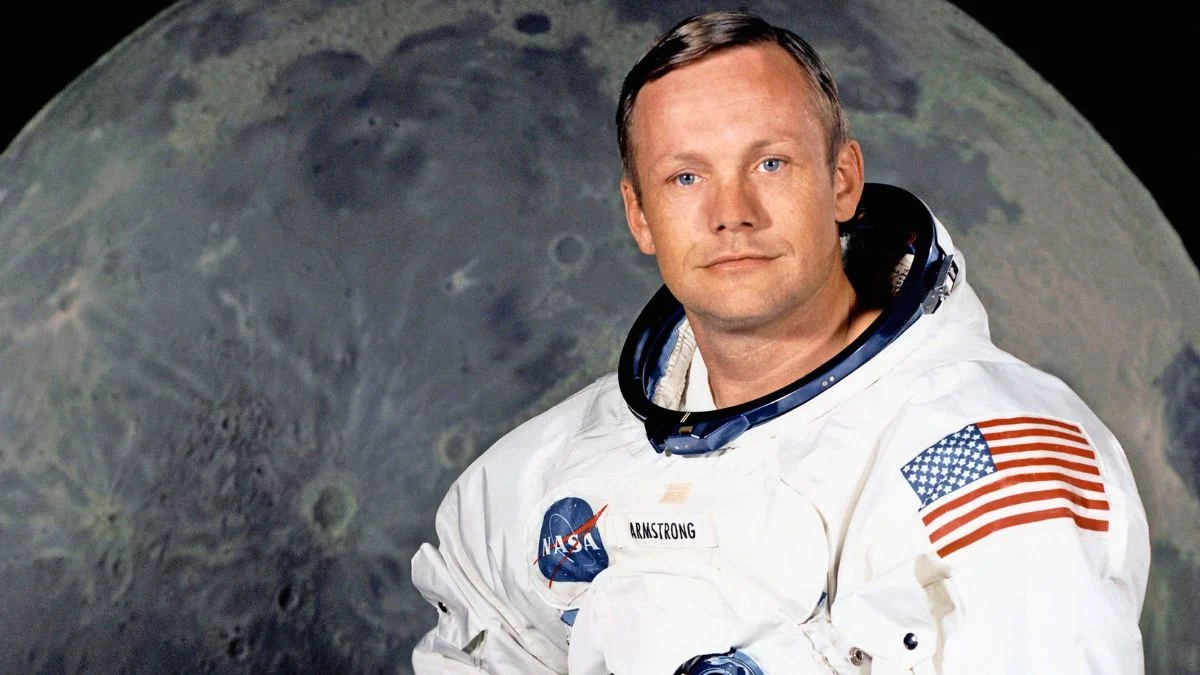
Our Editorial Policy.
Space movies try their best to capture something most of us will never feel. The hum of a capsule. The quiet that settles in when Earth shrinks to a blue marble. Filmmakers spend years chasing that sensation. Audiences argue over which one gets closest.
When you think about who might judge that effort, your mind goes to the people who were actually up there. Astronauts have seen the black beyond the window and the glow on the horizon. Few voices carry more weight than the man who first left footprints on the Moon.
It turns out there is a clear favorite tied to Neil Armstrong, and the endorsement did not come from a studio press kit. It surfaced in a memory shared by film critic Gene Siskel, who recalled a chance conversation with Armstrong during a flight to Cincinnati. Siskel set the scene with a bold claim about a certain classic. “It’s the single best vision of space ever to come out of the movies,” he said, before relaying what the astronaut told him next.
According to Siskel, Armstrong singled out Stanley Kubrick’s ‘2001: A Space Odyssey‘. The critic remembered the astronaut’s words this way. “Don’t just take my word for it, a couple of months ago, I happened to be flying to Cincinnati seated next to Neil Armstrong, the astronaut, the first man to walk on the moon. Armstrong told me that of all the space movies, he liked 2001 the best, that it did a remarkable job of communicating what living and travelling through outer space is actually like”. Siskel’s longtime partner Roger Ebert had a quick response. “That must be the best review that Stanley Kubrick ever got for 2001”.
The choice makes sense when you consider what ‘2001: A Space Odyssey’ puts on screen. The film moves with patience. It lets silence speak. It shows bodies floating with the same unhurried grace as satellites. Its vastness feels both majestic and indifferent. For someone who piloted through real darkness, that tone may have rung true.
There is another layer to the timing. Kubrick’s film reached theaters in 1968. Apollo 11 touched down the following summer. Audiences went from watching imagined lunar travel to watching Armstrong and his crew make it real on live television. In that narrow span, fiction and history echoed each other in a way that few cultural moments ever do.
Armstrong was famously private, so glimpses like this tend to arrive through people who crossed paths with him. That is what makes Siskel’s recollection stand out. It is both casual and revealing. He was not conducting an interview. He was sharing a row with a soft-spoken engineer who had been first through a door no one else had opened.
Trailer for 2001 A Space Odyssey. #2001aspaceodyssey #StanleyKubrick pic.twitter.com/xrvi8OqJ0x
— SciFi Art (@retroscifiart) January 26, 2018Plenty of modern space films have earned praise for technical accuracy and emotional pull. ‘Apollo 13’ put you in a stricken service module. ‘Gravity’ turned orbital debris into a survival nightmare. ‘Interstellar’ mapped the tides of a supermassive black hole. Yet the nod linked to Armstrong points back to a film that trusted viewers to simply look and feel.
Maybe that is the lesson in his quiet endorsement. The movies that come closest to space do not only get the hardware right. They get the hush right. They give you time to breathe and wonder. If you are looking for the one that a Moon walker favored, his pick was ‘2001: A Space Odyssey’.

.jpeg)
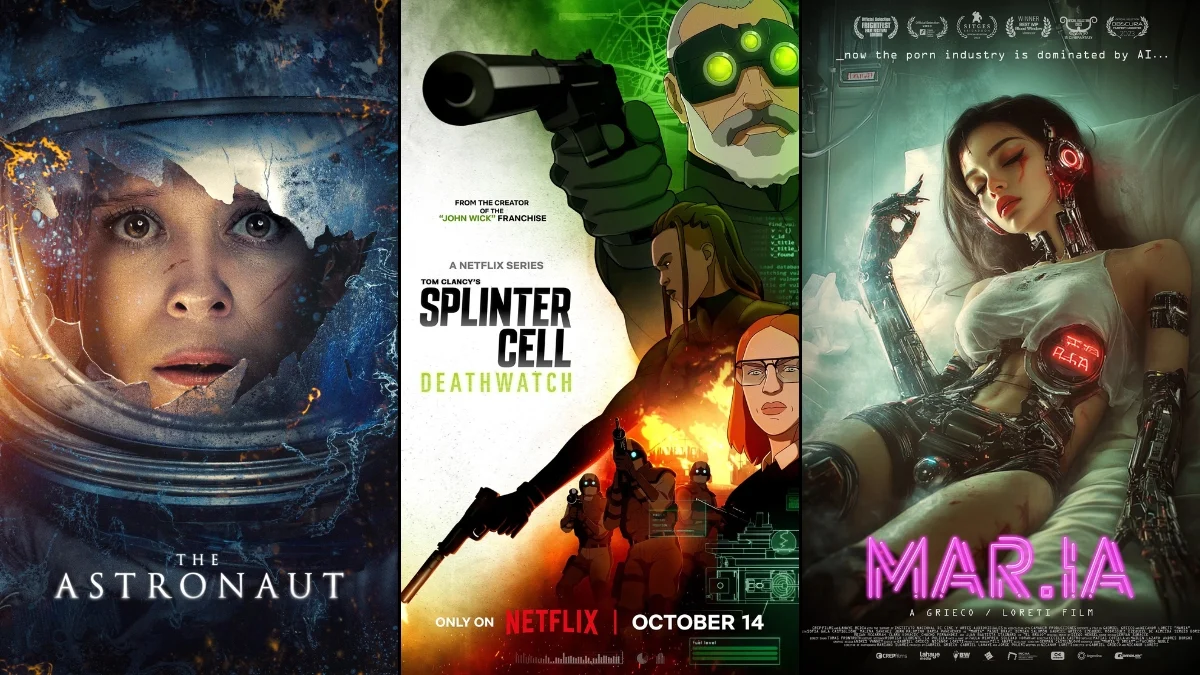

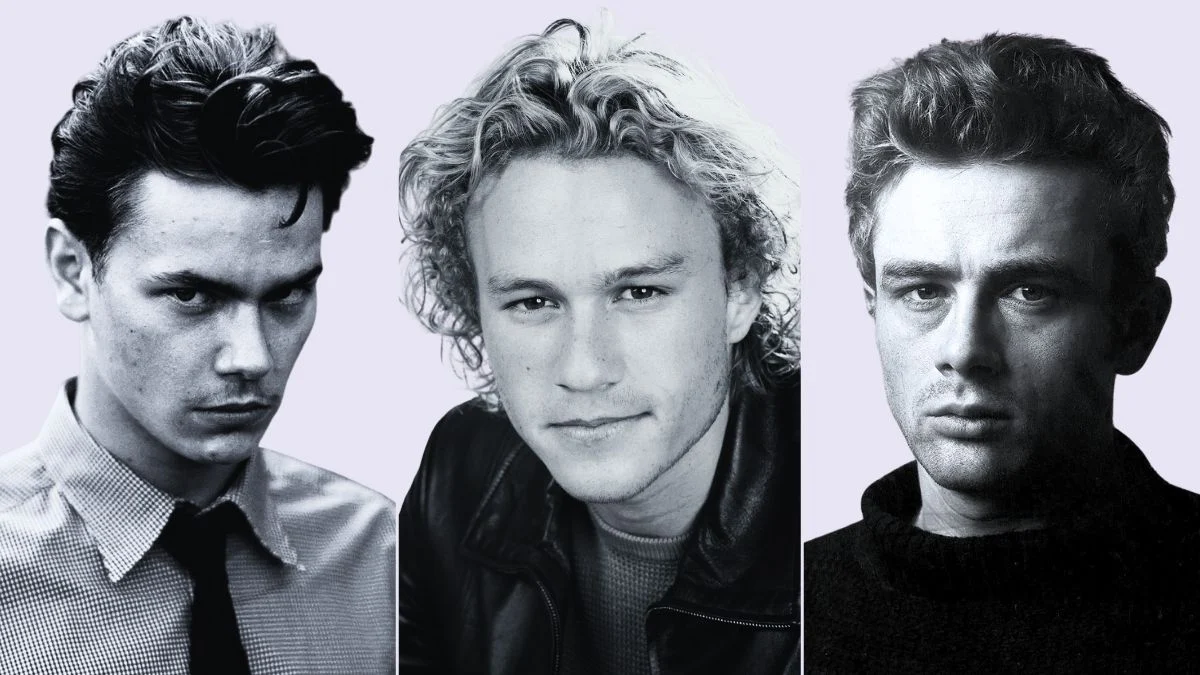
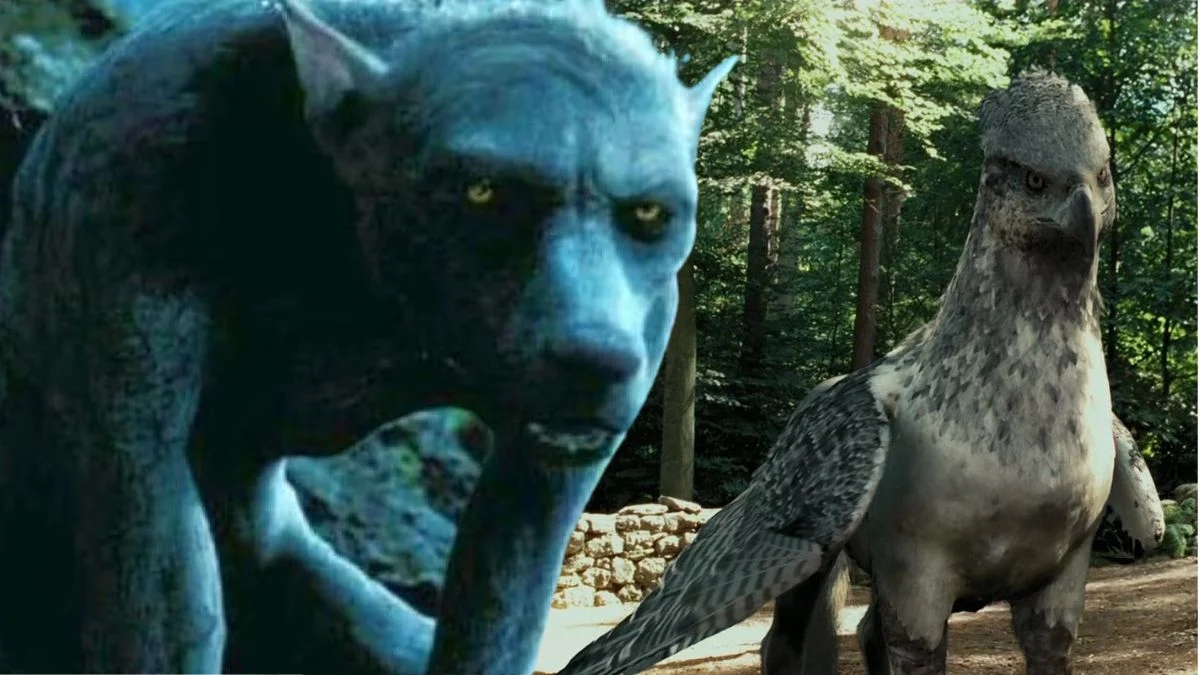
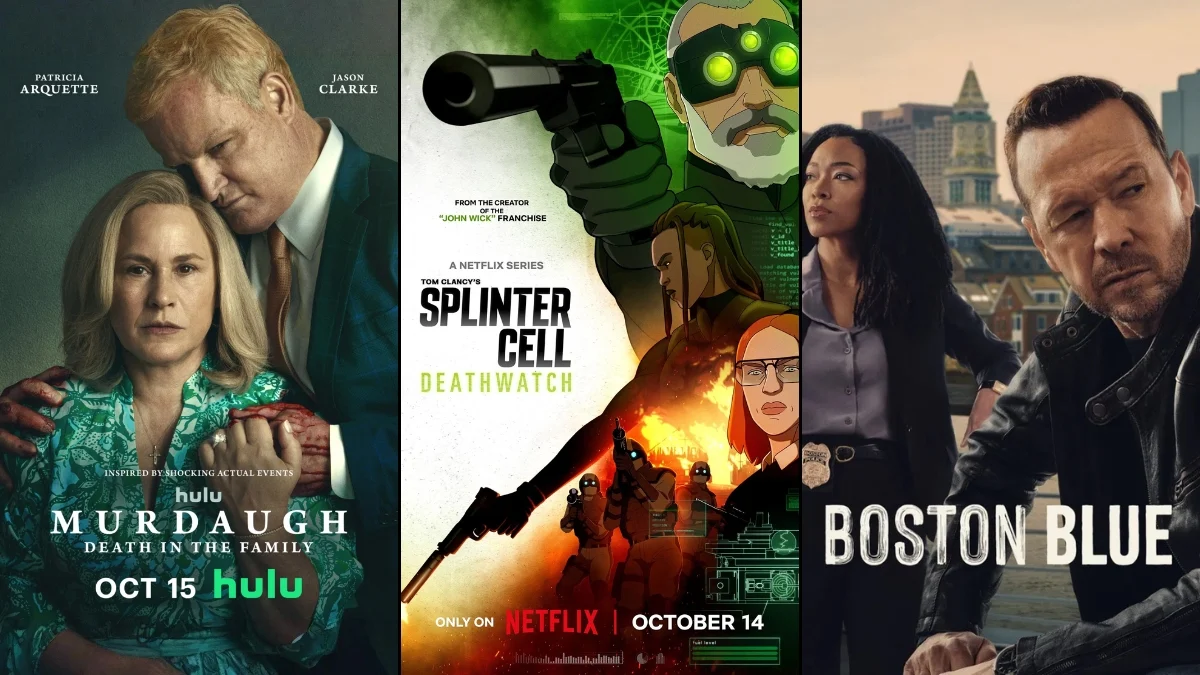

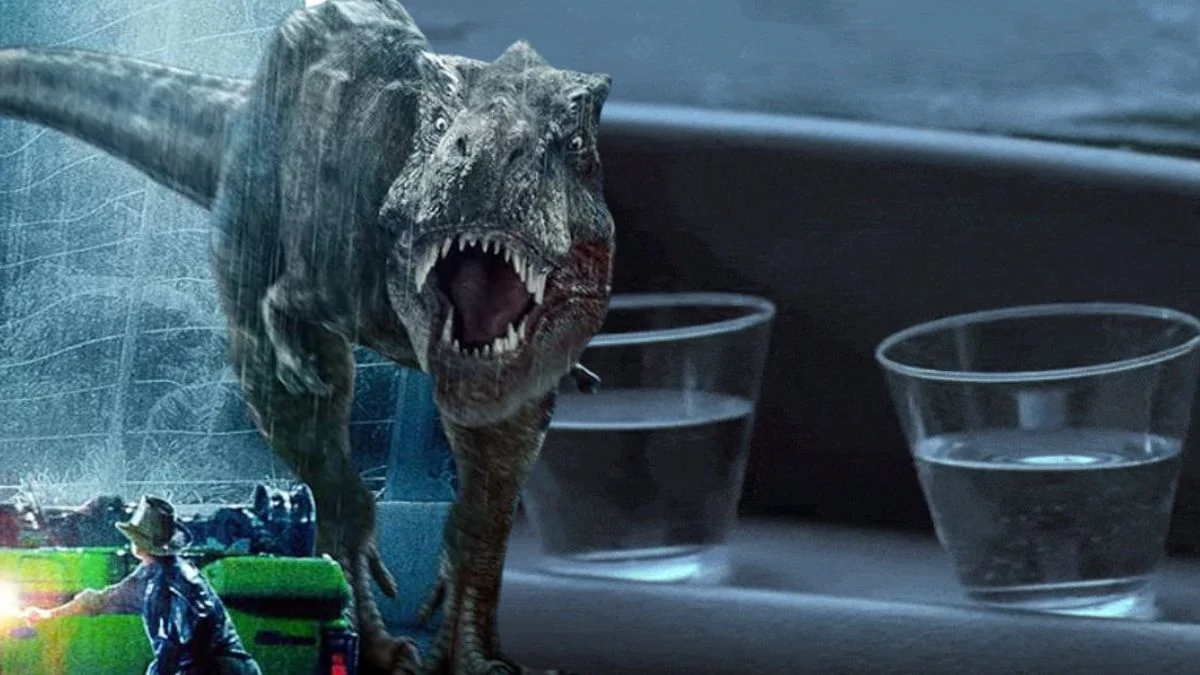
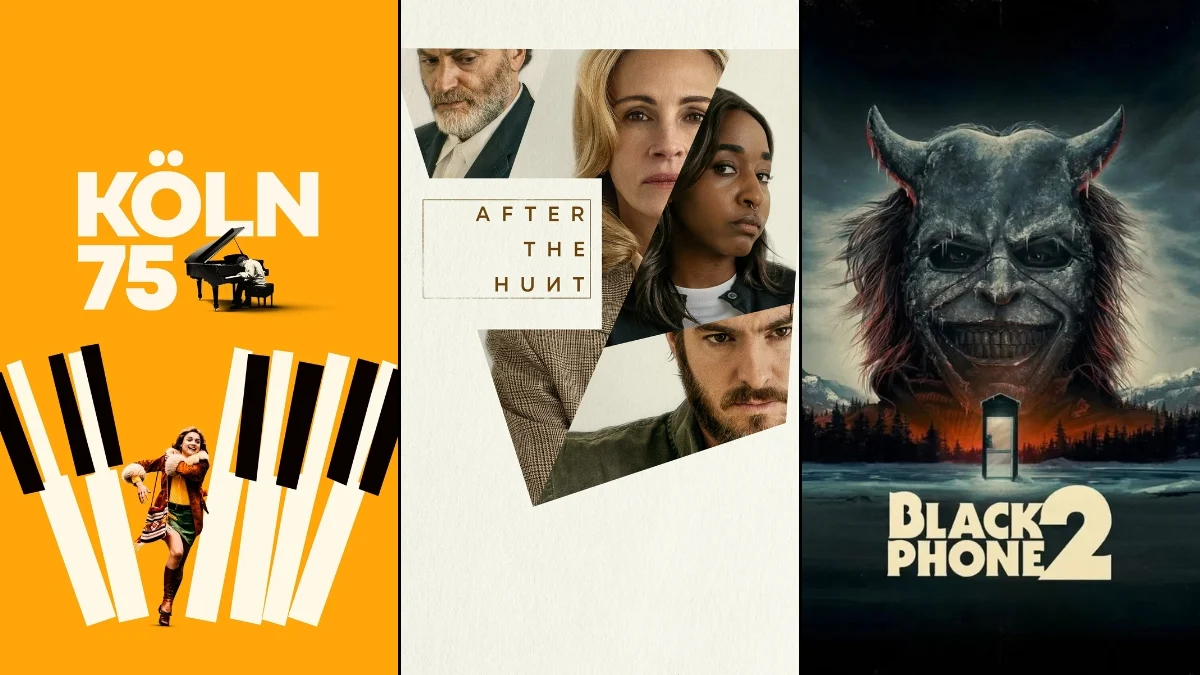
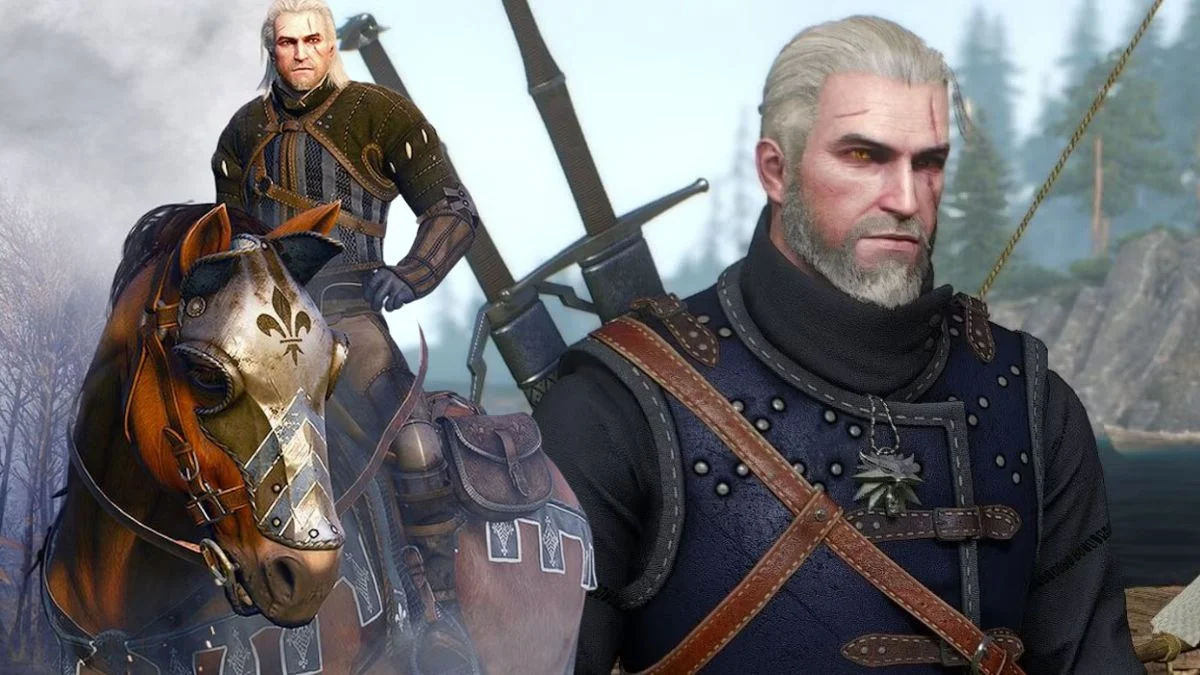
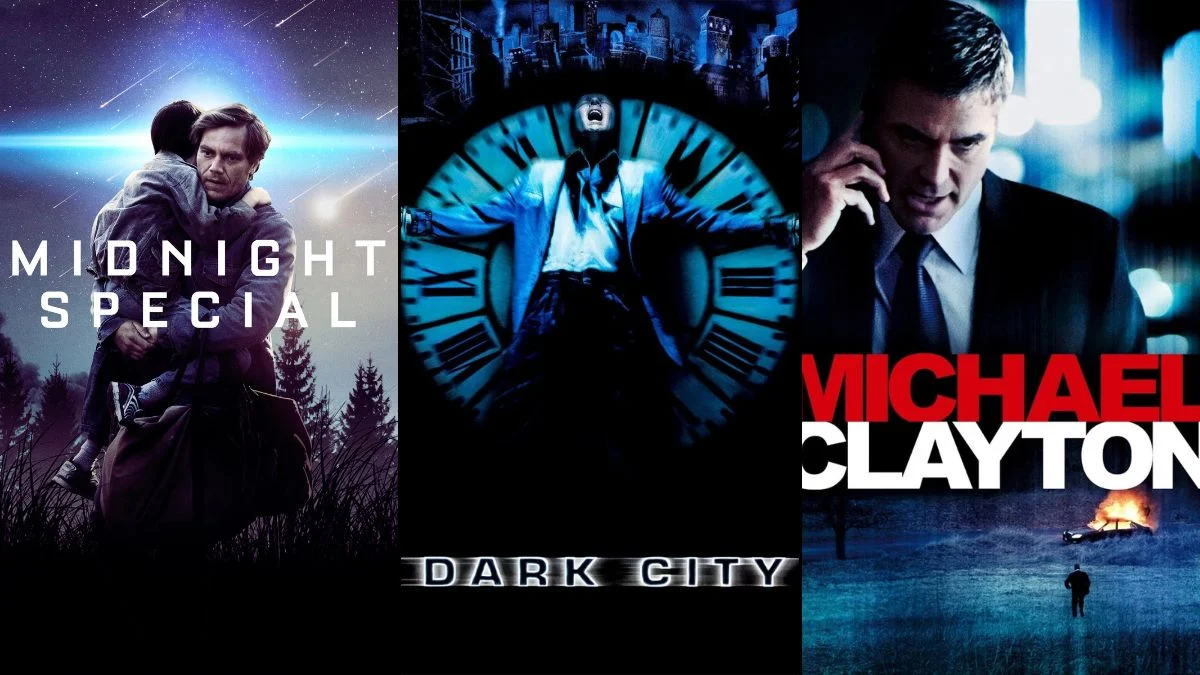
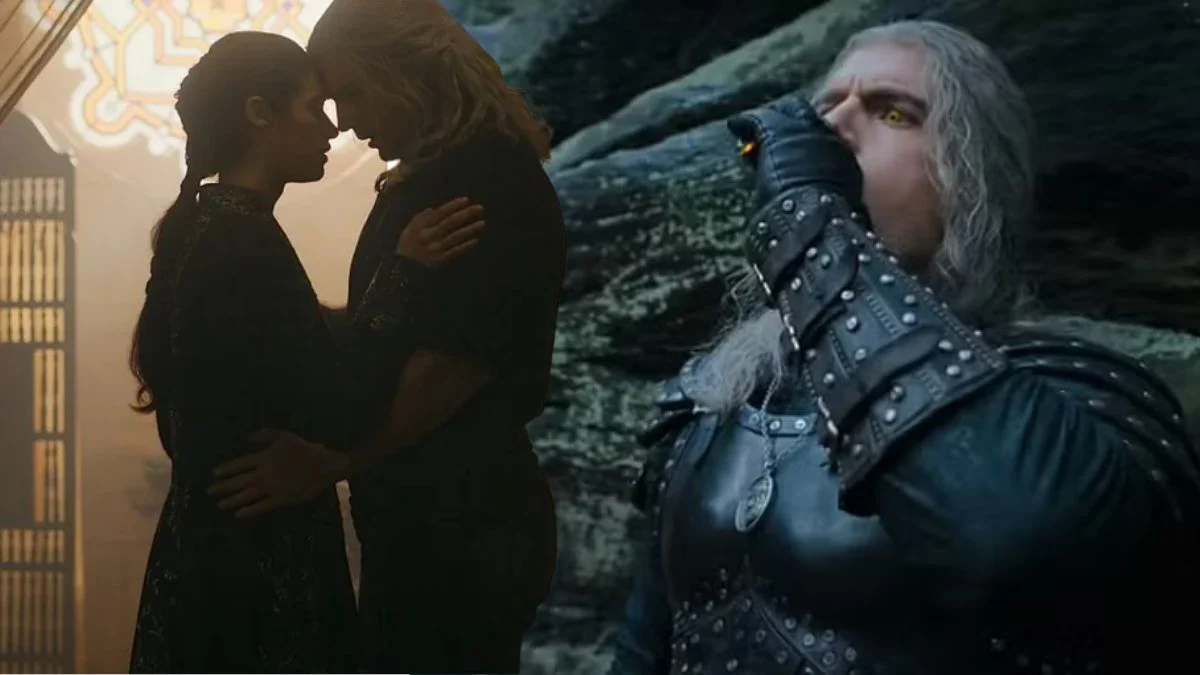


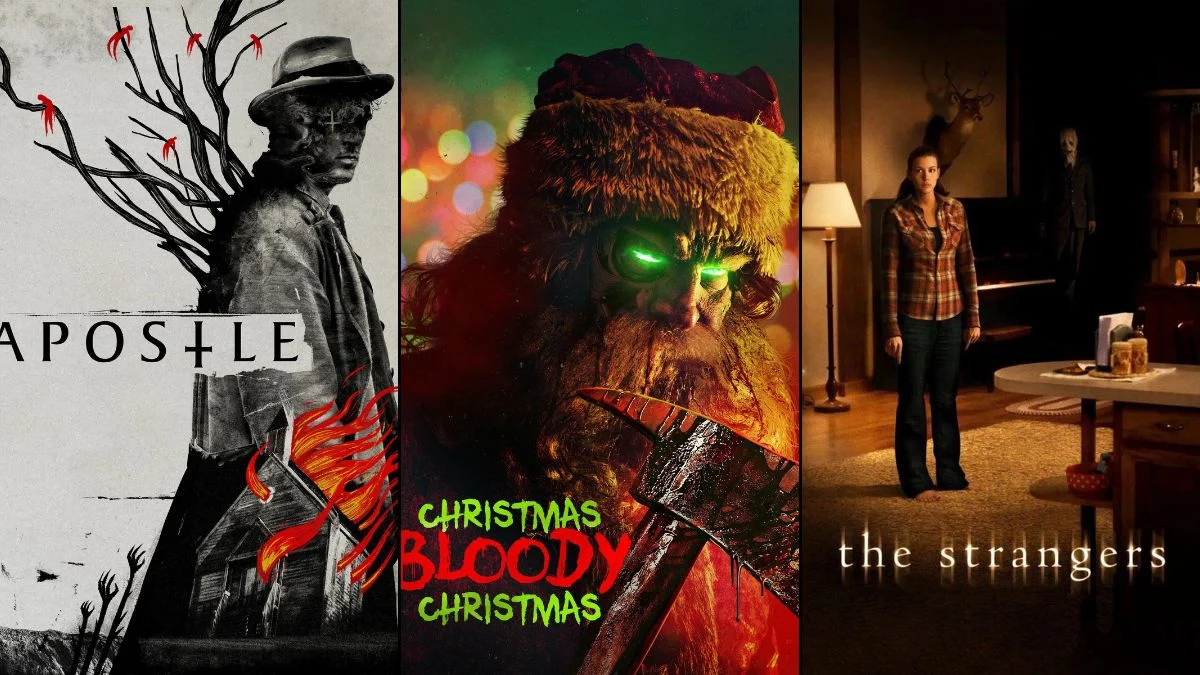
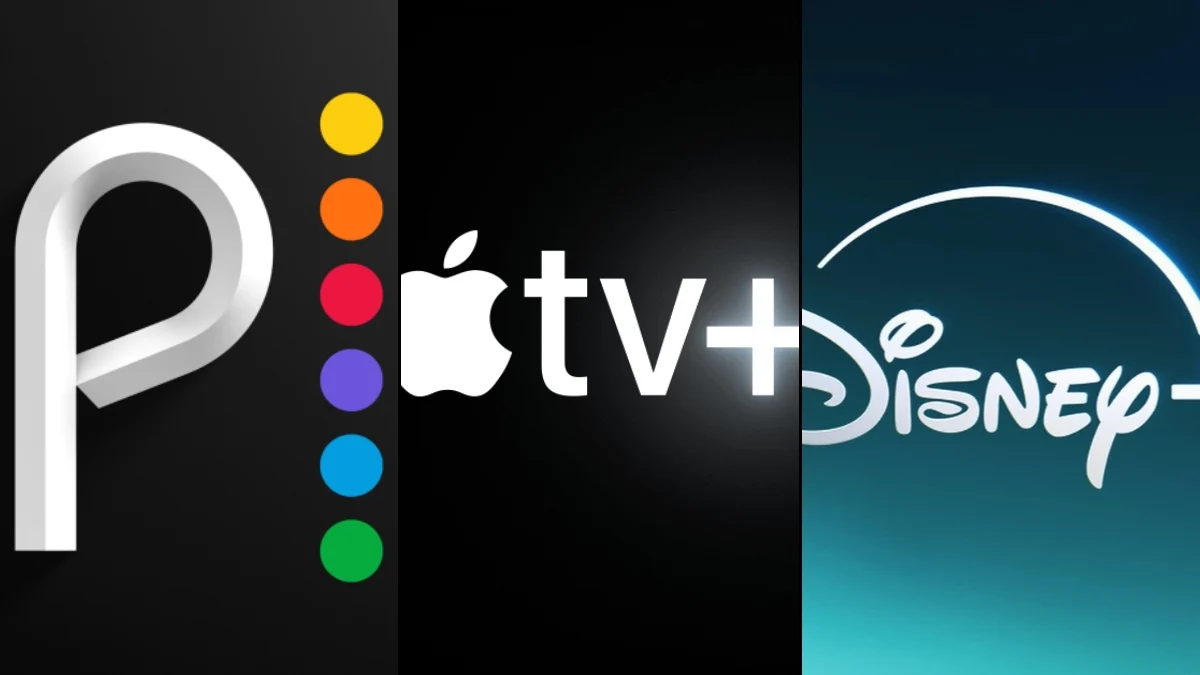
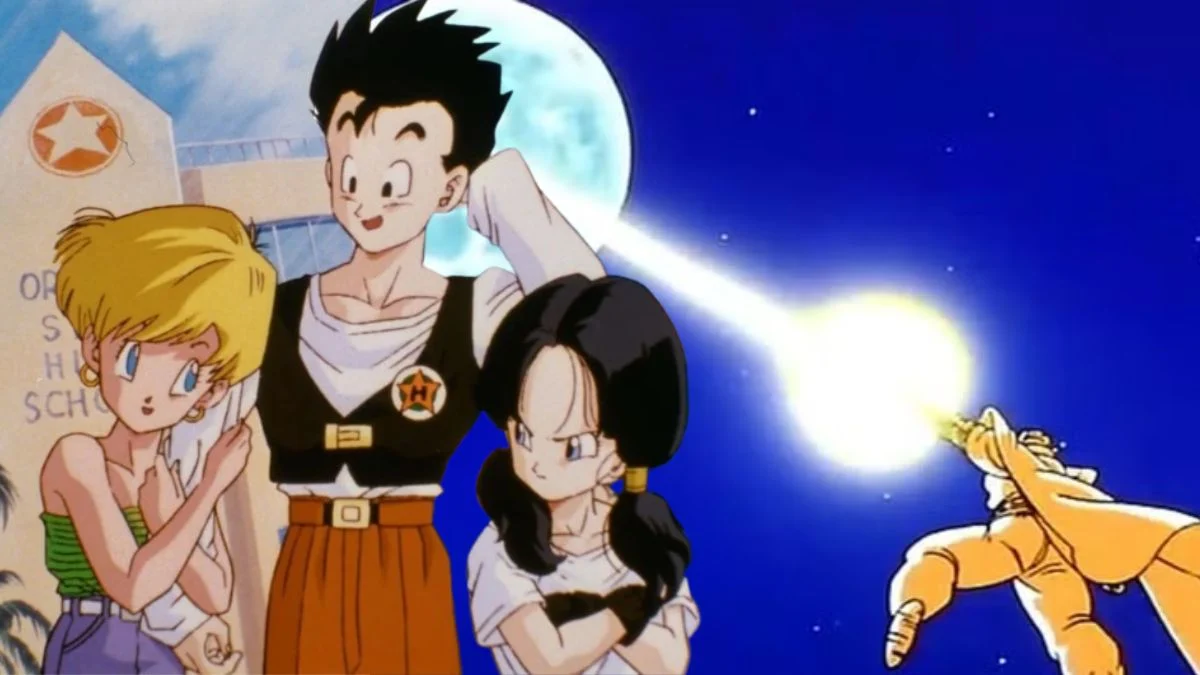

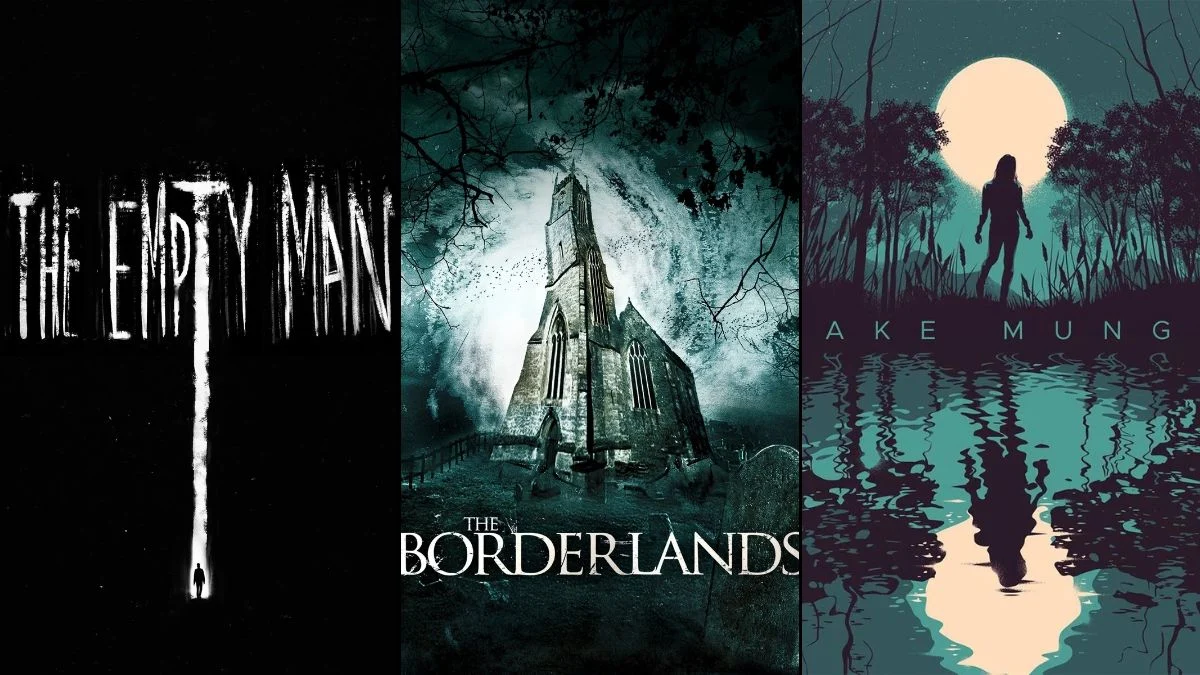

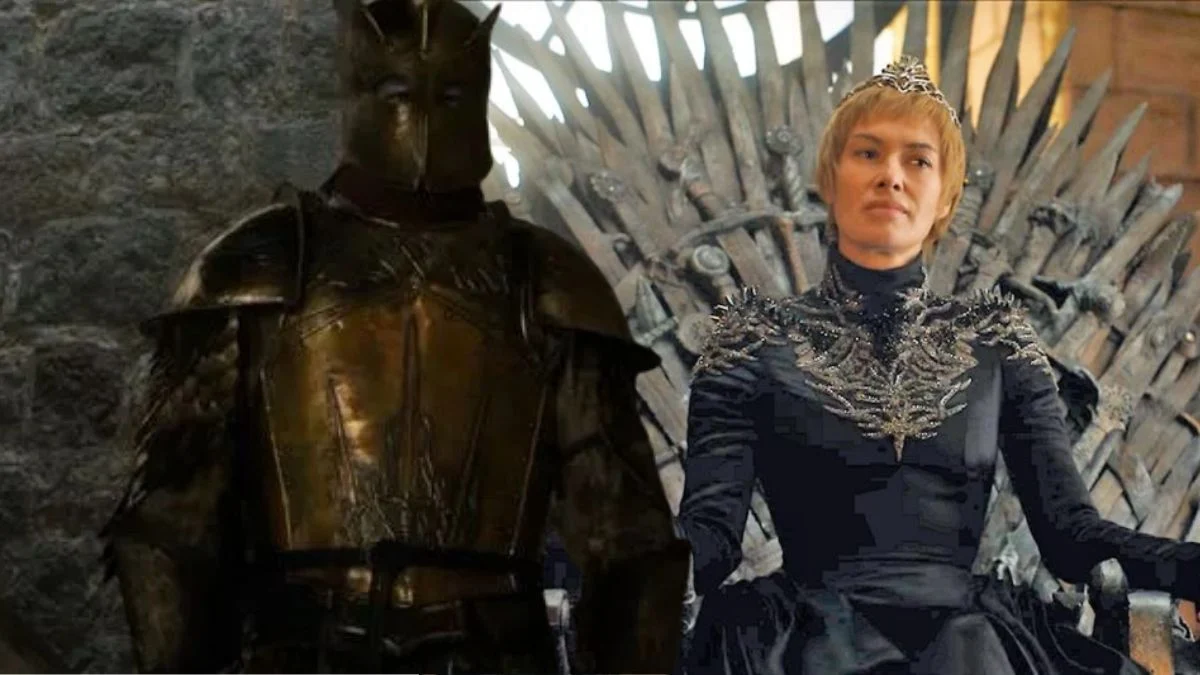




.jpeg)












 English (US) ·
English (US) ·